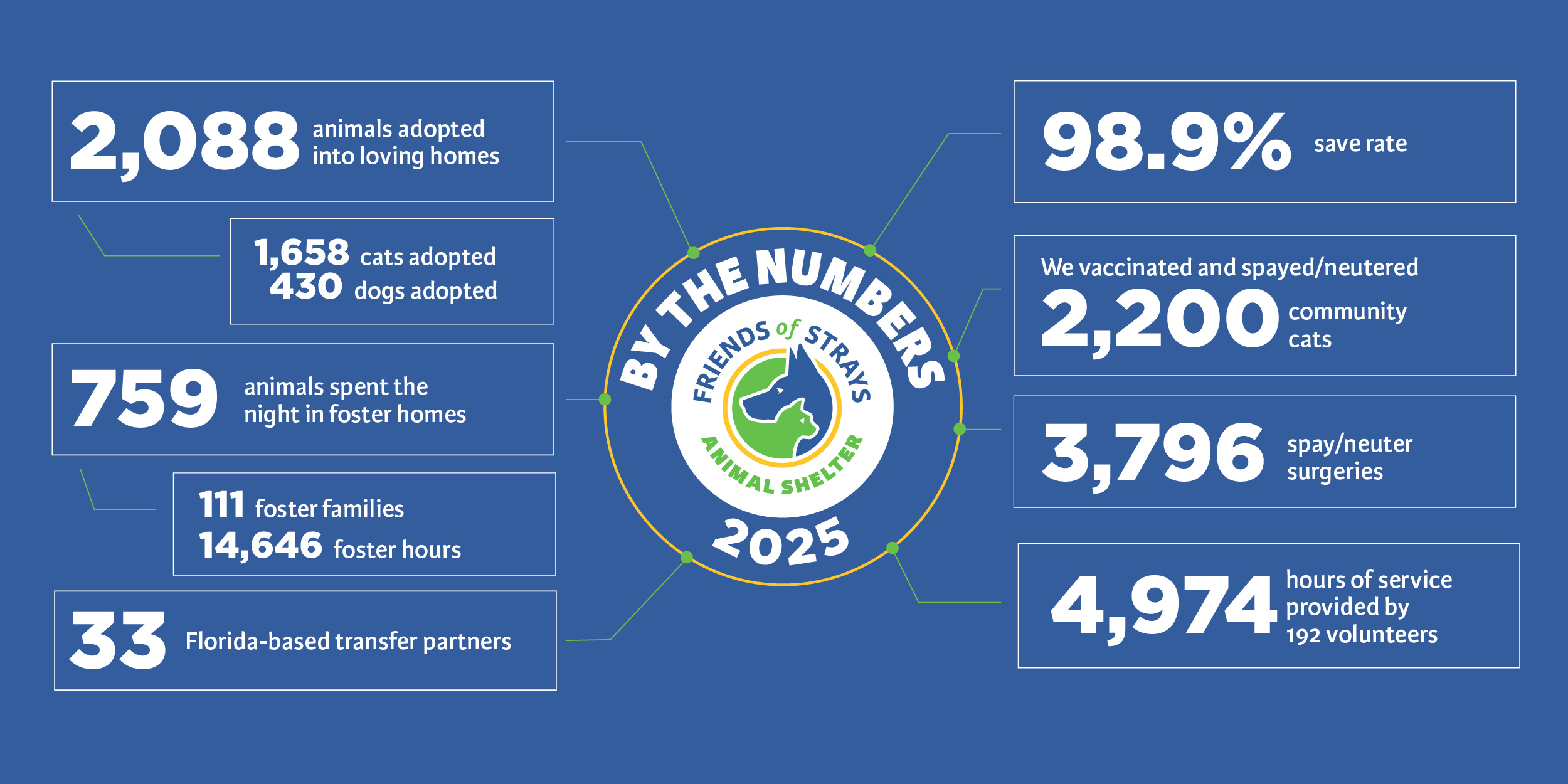What Do You Know About FIV & FELV?
Thursday, January 17, 2019
FIV (Feline Immunodeficiency Virus)
FIV stands for Feline Immunodeficiency Virus. FIV is transmitted between cats by either a deep penetrating bite wounds and sexual contact. FIV cannot be transmitted to humans or dogs.
Cats with FIV have a lowered immune system, but this does not mean that they will get sick more often. They do not require special medical care or medications because of FIV alone. However, it does mean that they can catch a 'cold' easier than a cat without FIV. If any 'cold-like' symptoms are notices, your cat should be taken to the veterinarian. These can include runny nose, sneezing, ocular discharge, sudden extreme hair loss, decreased appetite, or lethargy.
Cats with FIV can live and interact with cats that do not have the virus without concern. There is no cure for FIV, but infected cats live long happy lives with regular medical care. They are prone to bad teeth so it's important for them to receive regular dentals. The most important thing to do is to keep your cat indoors; this will significantly lower the potential contact with bacteria and other sick animals.
FeLV (Feline Leukemia) 
FELV stands for Feline Leukemia Virus. It is a contagious and incurable disease. FELV can be transmitted only from one cat to another; it does not affect humans or other animals.
FELV transmission occurs through contact with saliva, blood, urine and feces from an infected cat. Cats may live several years with FELV before showing any symptoms; regular medical care and testing is important to diagnosing FELV. FELV can manifest in several ways, including other cancers, gastrointestinal disease, neurologic disease, anemia, fevers, oral and respiratory diseases.
Cats with FELV must be kept indoors not only to help prevent them from getting sick, but to not expose other animals to the disease. Because FELV is contagious to other cats, owning an FELV cat means that you cannot have an FELV negative cat in the same household.
Kittens with FELV have a much lower life expectancy than a kitten that is not infected with the virus. Cats who are diagnosed as an adult have been known to live for several years following a positive test.
Back



